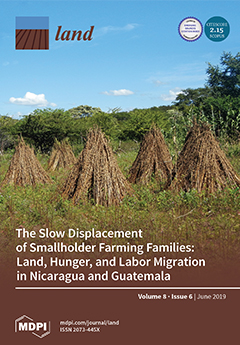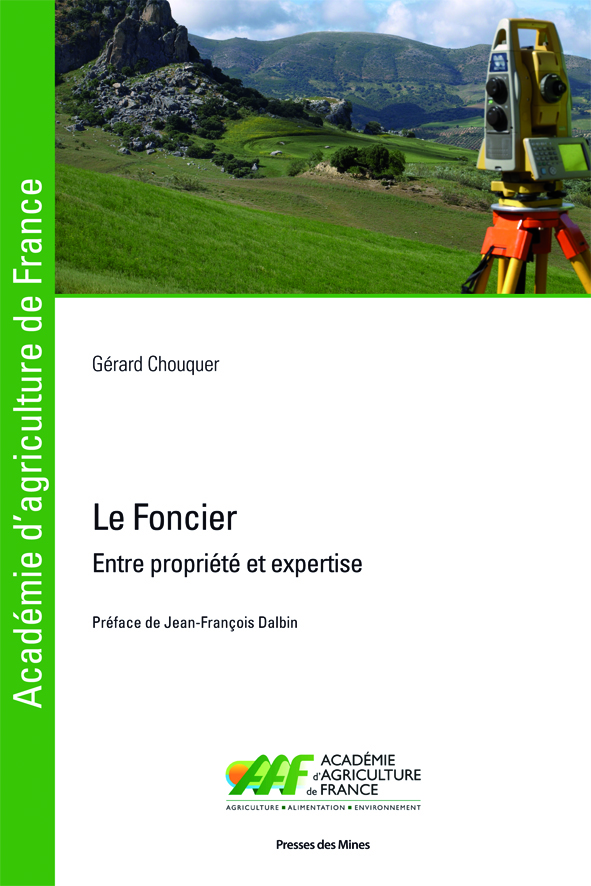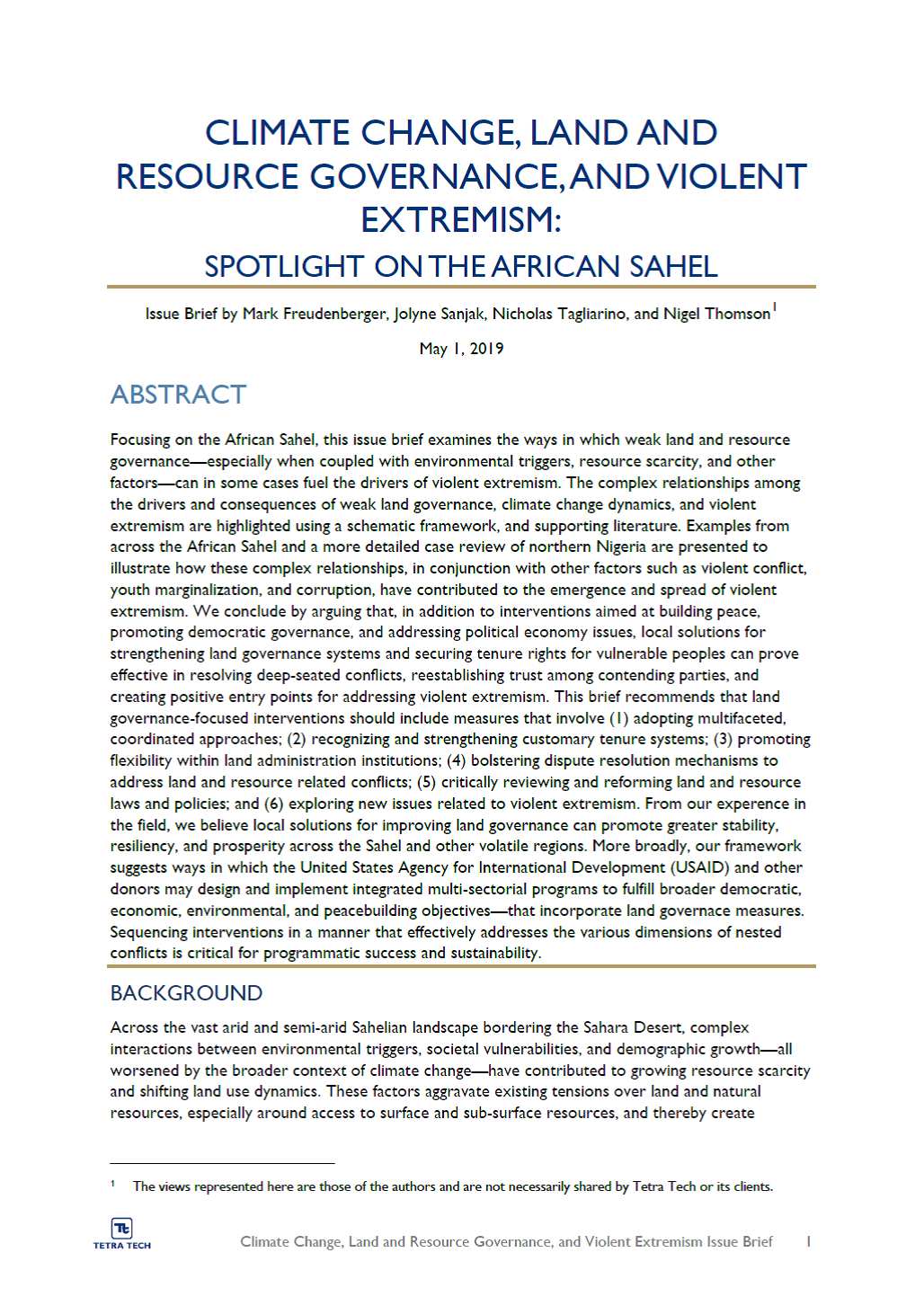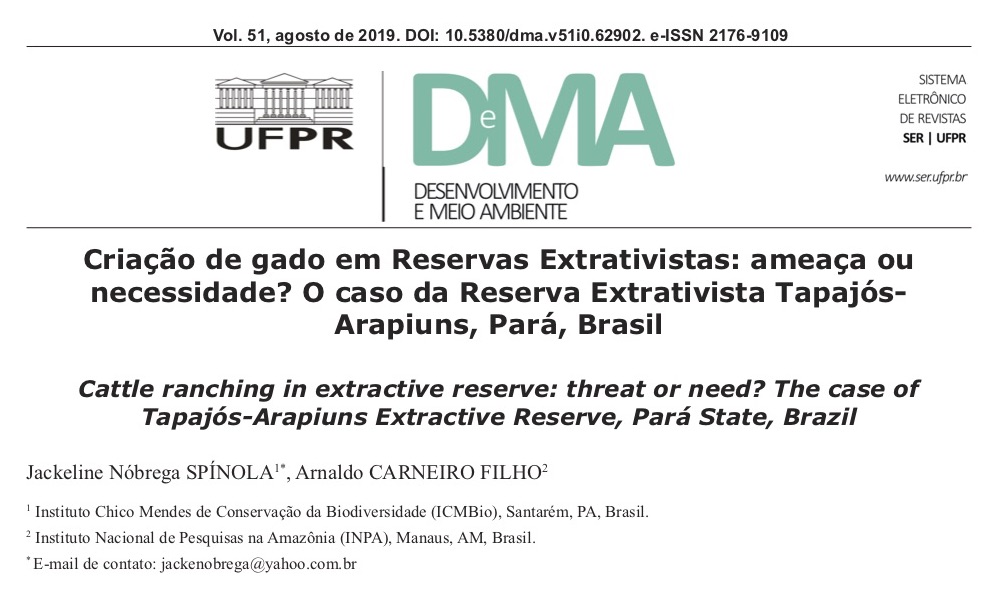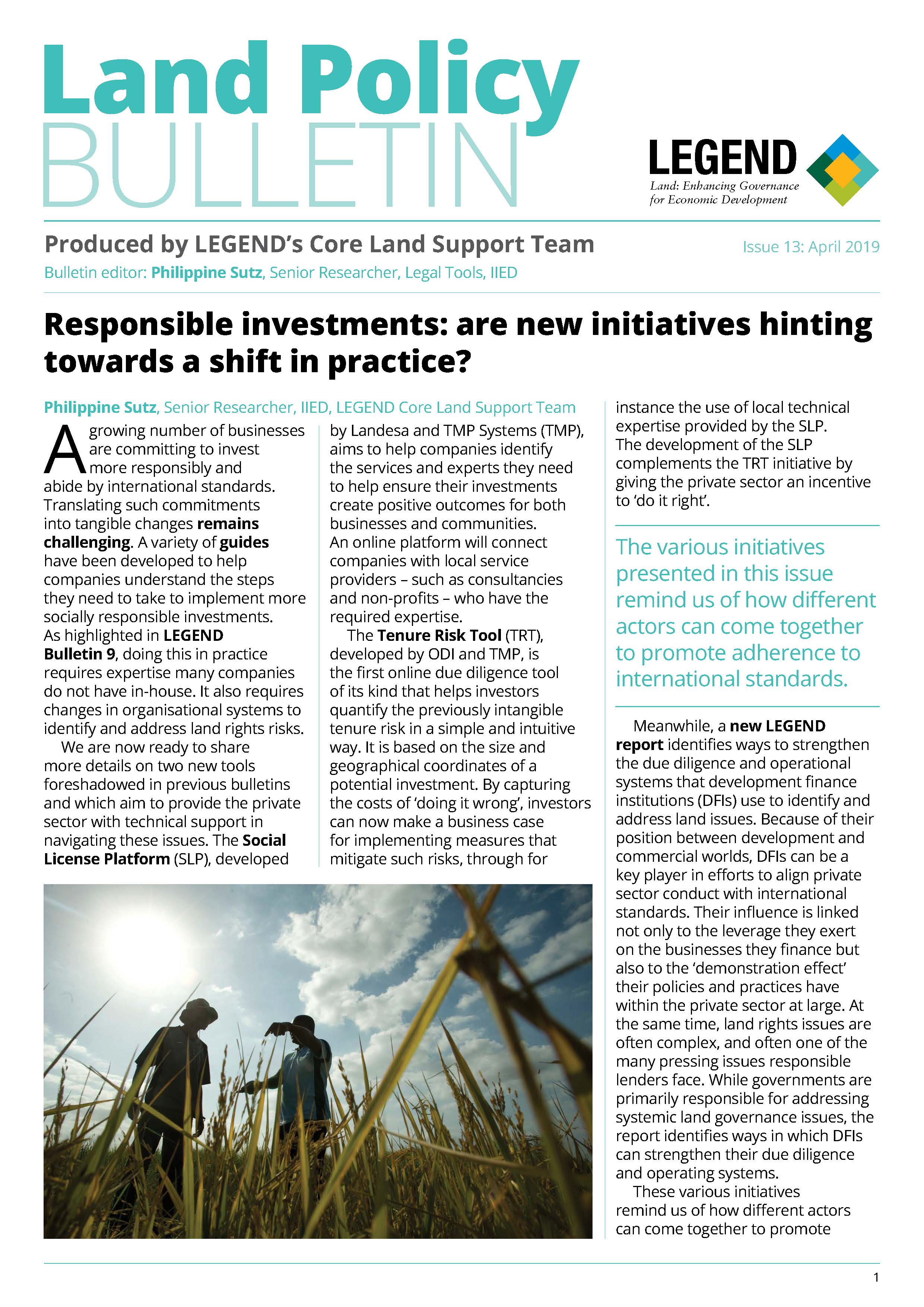War-Induced Displacement: Hard Choices in Land Governance
Civil war and violence often force large numbers of people to leave their lands. Multiple waves of displacement and (partial) return generate complex overlapping claims that are not easily solved. As people return to their regions of origin—sometimes after decades—they tend to find their land occupied by other settlers, some of whom hold legal entitlements. In the places of arrival, displaced people affect other people’s access as they seek to turn their temporary entitlements into more definite claims.

